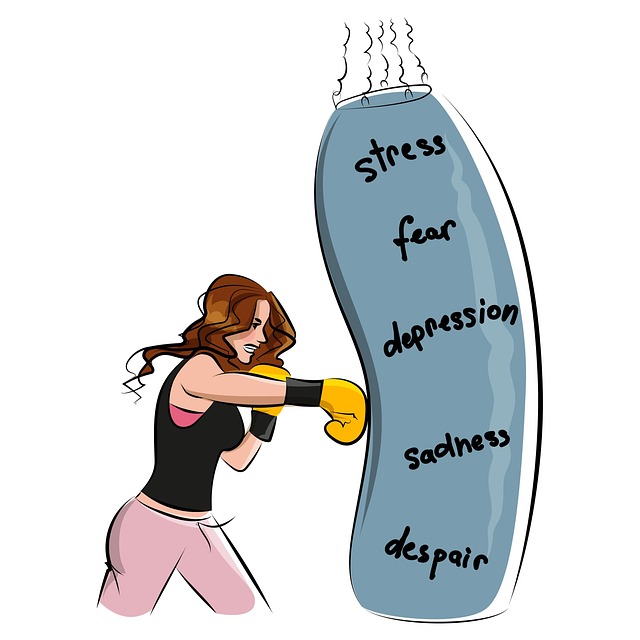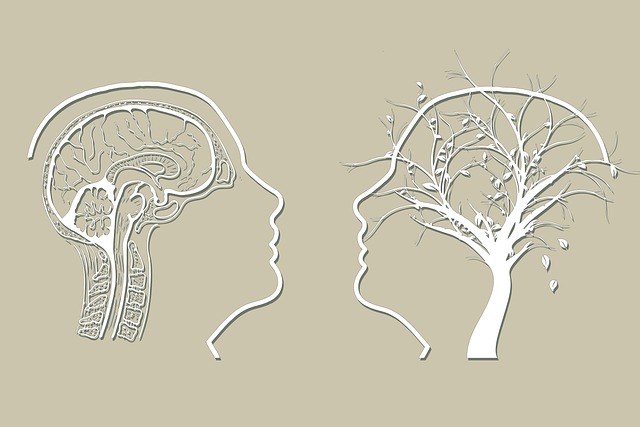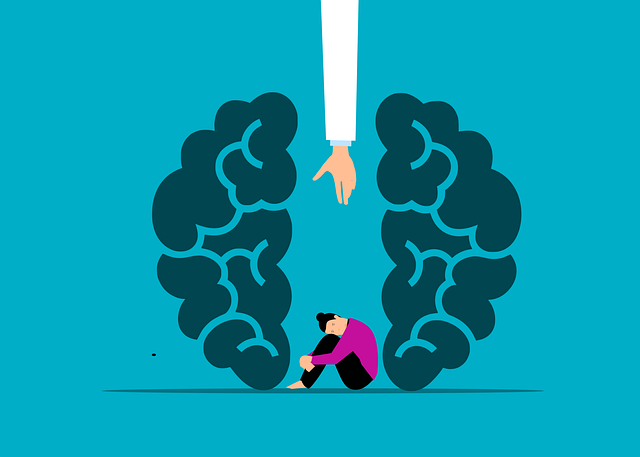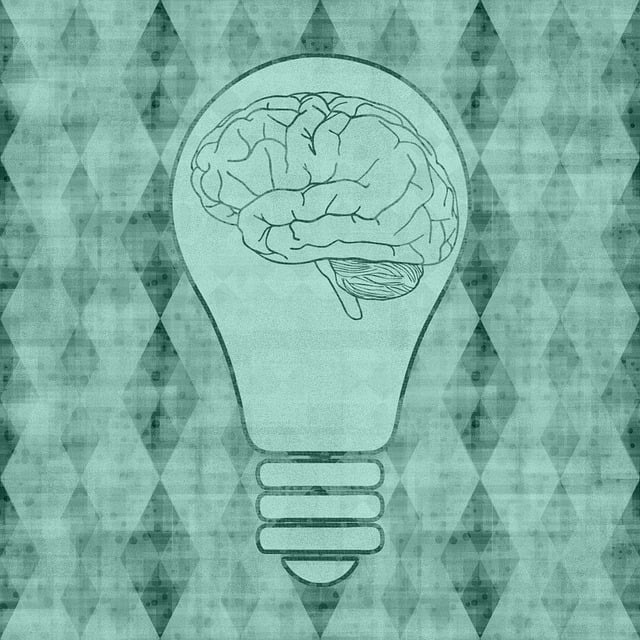Centennial Child Abuse Therapy (CCAT) addresses stress, a leading cause of mental and physical health issues, through comprehensive workshops. Their programs focus on early intervention, self-awareness, and coping strategy development to combat chronic stress and its associated conditions like anxiety and depression. By combining interactive exercises, storytelling, role-playing, and culturally sensitive approaches, CCAT equips both adults and youth with tools to manage stress, improve mental wellness, and build resilience against future challenges. Evaluations show significant positive outcomes, including enhanced emotional intelligence and better long-term stress management skills, highlighting CCAT's transformative impact on mental health.
Stress management workshops play a pivotal role in enhancing well-being, especially for adults and youth facing modern-day pressures. This article delves into the comprehensive guide to organizing such programs, focusing on stress understanding and its impact. We explore effective workshop strategies, curriculum design tailored for diverse audiences, and participatory learning techniques.
Additionally, it highlights the power of evaluation through Centennial Child Abuse Therapy workshop models to measure long-term success, offering valuable insights for improving stress management initiatives.
- Understanding Stress and its Impact on Well-being
- The Role of Workshops in Effective Stress Management
- Designing a Comprehensive Workshop Curriculum for Adult and Youth Participants
- Promoting Participatory Learning Strategies in Stress Management Workshops
- Evaluating the Success and Long-term Effects of Centennial Child Abuse Therapy Workshop Programs
Understanding Stress and its Impact on Well-being

Stress is a natural response to various life challenges and demands, but when left unmanaged, it can have significant effects on both mental and physical health. Understanding the nature of stress and its impact on well-being is the first step towards effective management. Chronic stress, often stemming from prolonged exposure to stressors, can lead to a range of issues, including anxiety, depression, heart disease, and weakened immune function. This is especially pertinent in today’s fast-paced world where work pressures, personal relationships, and financial obligations can contribute to heightened stress levels.
Centennial Child Abuse Therapy emphasizes the importance of early intervention and support systems in mitigating stress-related challenges. Their Mental Wellness Coaching Programs Development focuses on empowering individuals with self-awareness and coping strategies. By fostering self-esteem improvement and enhancing communication strategies, these programs aim to build resilience against stressful situations. Effective stress management involves recognizing personal triggers, adopting healthy coping mechanisms, and creating a supportive environment that promotes mental wellness.
The Role of Workshops in Effective Stress Management

Workshops play a pivotal role in effective stress management, offering a structured and supportive environment for individuals to learn and practice coping strategies. At Centennial Child Abuse Therapy, we understand that stress is an inevitable part of life, but it doesn’t have to overwhelm us. Our workshops are designed to empower participants with the tools needed to navigate stressful situations with resilience and grace. Through interactive activities, discussions, and guided exercises, attendees gain insights into their stress triggers, develop healthier coping mechanisms, and foster a greater sense of mental wellness.
In addition to direct stress management techniques, our workshops often incorporate elements of Mental Illness Stigma Reduction Efforts, aiming to create a safe and non-judgmental space. We believe that addressing the underlying causes of stress, including aspects related to Depression Prevention, is crucial for long-lasting well-being. By integrating these topics into our program, we not only help individuals manage current stress levels but also equip them with the means to build resilience against future challenges, ultimately enhancing their overall mental wellness and quality of life.
Designing a Comprehensive Workshop Curriculum for Adult and Youth Participants

When designing a workshop curriculum for stress management, it’s crucial to cater to both adult and youth participants, ensuring inclusive and engaging activities that address their unique needs and perspectives. For Centennial Child Abuse Therapy, this means balancing age-appropriate content with universal stress reduction techniques. Start by integrating interactive exercises like mindfulness meditation, breathing strategies, and guided visualizations tailored to each demographic.
Incorporate storytelling or role-playing scenarios to help participants relate to the concepts, fostering a sense of community and understanding. For instance, youth activities can explore peer dynamics and social pressures while adult sessions delve into work-life balance and family responsibilities. Additionally, include components for self-assessment and goal setting, empowering individuals to recognize their personal triggers and develop effective coping mechanisms, with references to relevant Mental Health Education Programs Design and Public Awareness Campaigns Development initiatives.
Promoting Participatory Learning Strategies in Stress Management Workshops

In stress management workshops organized by Centennial Child Abuse Therapy, promoting participatory learning strategies is key to enhancing the effectiveness and engagement of attendees. These interactive methods encourage active participation, fostering a collaborative environment that allows participants to share experiences and learn from one another. By incorporating group discussions, role-playing scenarios, and hands-on activities, workshops can address diverse learning styles, ensuring that everyone feels involved and empowered to implement stress management techniques in their daily lives.
Cultural sensitivity in mental healthcare practice is seamlessly integrated into these sessions, recognizing the impact of unique cultural backgrounds on one’s relationship with stress. Facilitators tailor their approaches to include Mental Health Awareness, fostering an inclusive space where coping skills development becomes a shared journey. This personalized approach not only enhances learning but also strengthens the bonds within the group, creating a supportive network that continues beyond the workshop.
Evaluating the Success and Long-term Effects of Centennial Child Abuse Therapy Workshop Programs

The impact and long-term benefits of Centennial Child Abuse Therapy (CCAT) workshop programs are significant, offering a transformative experience for participants. These workshops aim to address historical trauma and its effects on individuals’ mental health, focusing on resilience building and anxiety relief. By providing a safe space to process emotions, CCAT facilitates healing, which can lead to improved overall well-being.
Evaluation of such programs reveals positive outcomes in depression prevention and enhanced coping mechanisms. The long-term effects include increased emotional intelligence and better stress management skills, empowering individuals to navigate challenging situations with greater resilience. This holistic approach to therapy ensures that participants not only find relief from immediate symptoms but also develop tools for lifelong mental health maintenance.
Stress management workshops, as demonstrated by successful programs like Centennial Child Abuse Therapy, play a pivotal role in enhancing well-being. By understanding stress and its impact, these workshops equip participants with effective strategies through comprehensive curricula tailored for adults and youth. Encouraging participatory learning ensures active engagement, leading to better outcomes. Evaluations reveal long-term positive effects, underscoring the value of such initiatives in fostering resilience and improving mental health.














